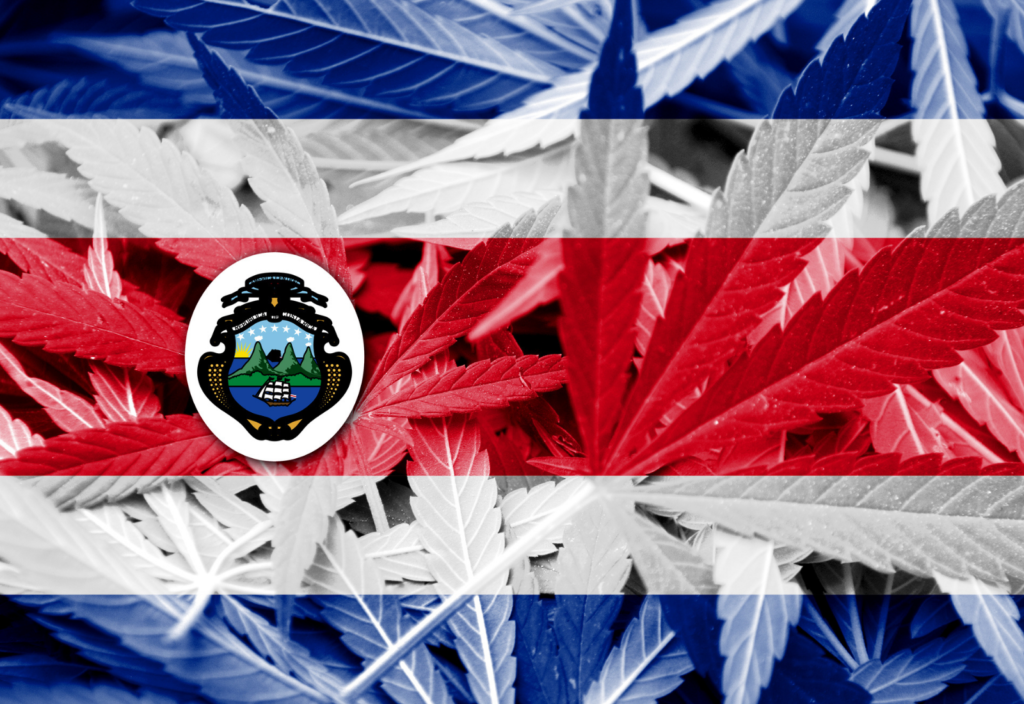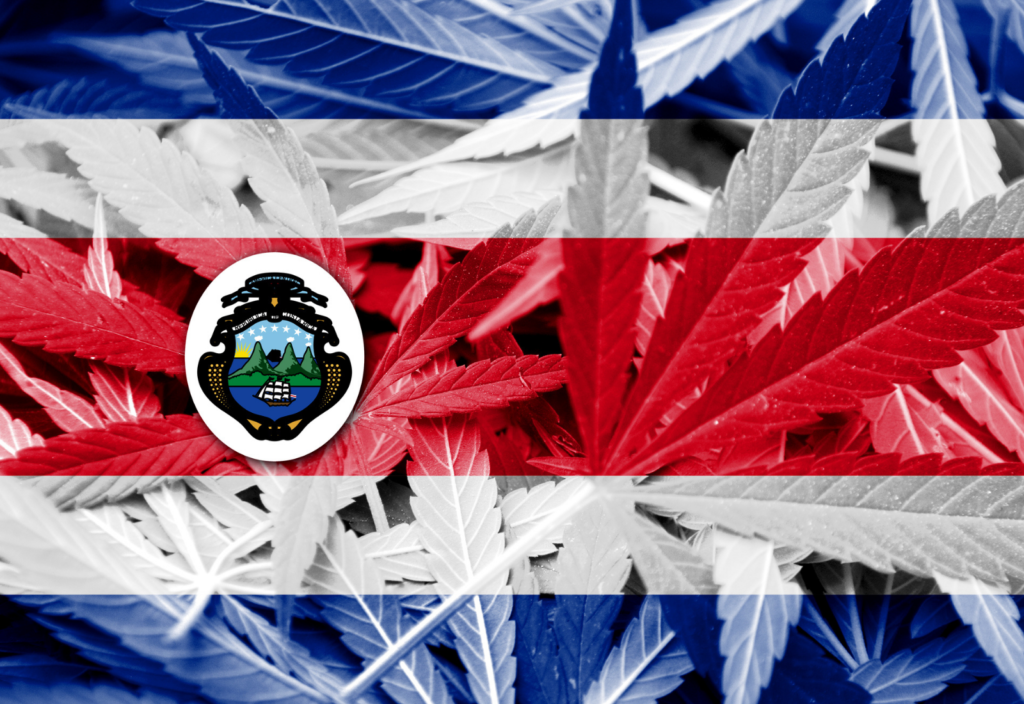
22 Aug Costa Rica to Debate Hemp and Medical Cannabis Bill

Costa Rican legislators are set to reinitiate debate over a bill (Expediente N.° 21.388) to legalize hemp and medical cannabis. The bill was cleared by the Legislative Assembly’s Environment Commission last November, but its presentation to the assembly’s plenum has been delayed.
The bill’s author is independent legislator Zoila Rosa Volio, an agronomist and lawyer, who has wielded both economic and health arguments in support of legalization. In addition to ensuring Costa Ricans’ access to cannabis treatments, the development of a cannabis industry is seen as a potential driver of growth and increased government revenues.
Under the proposed law, hemp is defined as cannabis with THC content of less than 1%. The bill differentiates between therapeutic (uso terapéutico) and medical (uso médico) products. This is interesting, as the terms cannabis terapéutico and cannabis medicinal are sometimes used interchangeably. As defined by the bill, however, therapeutic use is that for which medical supervision or authorization is not required, while medical use does require medical supervision. Despite this distinction, the terms are used in tandem throughout the bill, except in Article 13.2, which provides for licensed artisanal production of therapeutic use products only.
The bill does not establish any licensing requirements for hemp cultivation, beyond what is required for general agricultural activity. As for medical cannabis, growers must obtain a license from the Ministry of Agriculture and Livestock. For their part, those seeking to produce finished products will need to obtain a license from the Ministry of Health. Licensing of foreign parties is not addressed in the bill. Given discussion surrounding the proposed law, as well as the general openness of Costa Rica’s economy, this omission is likely indicative of an intent to allow foreign participation in the nascent cannabis industry.
According to the bill’s provisions, qualification as a medical cannabis patient is to be determined by the person’s doctors. Patients will be authorized to grow their own cannabis.
The new law would establish a 1% tax on medical cannabis (but not hemp) transactions. If the bill becomes law, the executive branch will have six months to issue regulations.
Overall, the bill appears to strike a good balance between the government’s desire for budgetary gains from cannabis legalization and giving the industry room to grow as it sees fit. The reduced regulatory burdens on hemp are to be applauded as well as a sensible adjustment.
Given Costa Rica’s success at attracting investment from foreign businesses, in particular electronics and medical device manufacturers, there are reasons to be hopeful about its cannabis industry’s prospects – assuming the Legislative Assembly votes it into existence!


Sorry, the comment form is closed at this time.